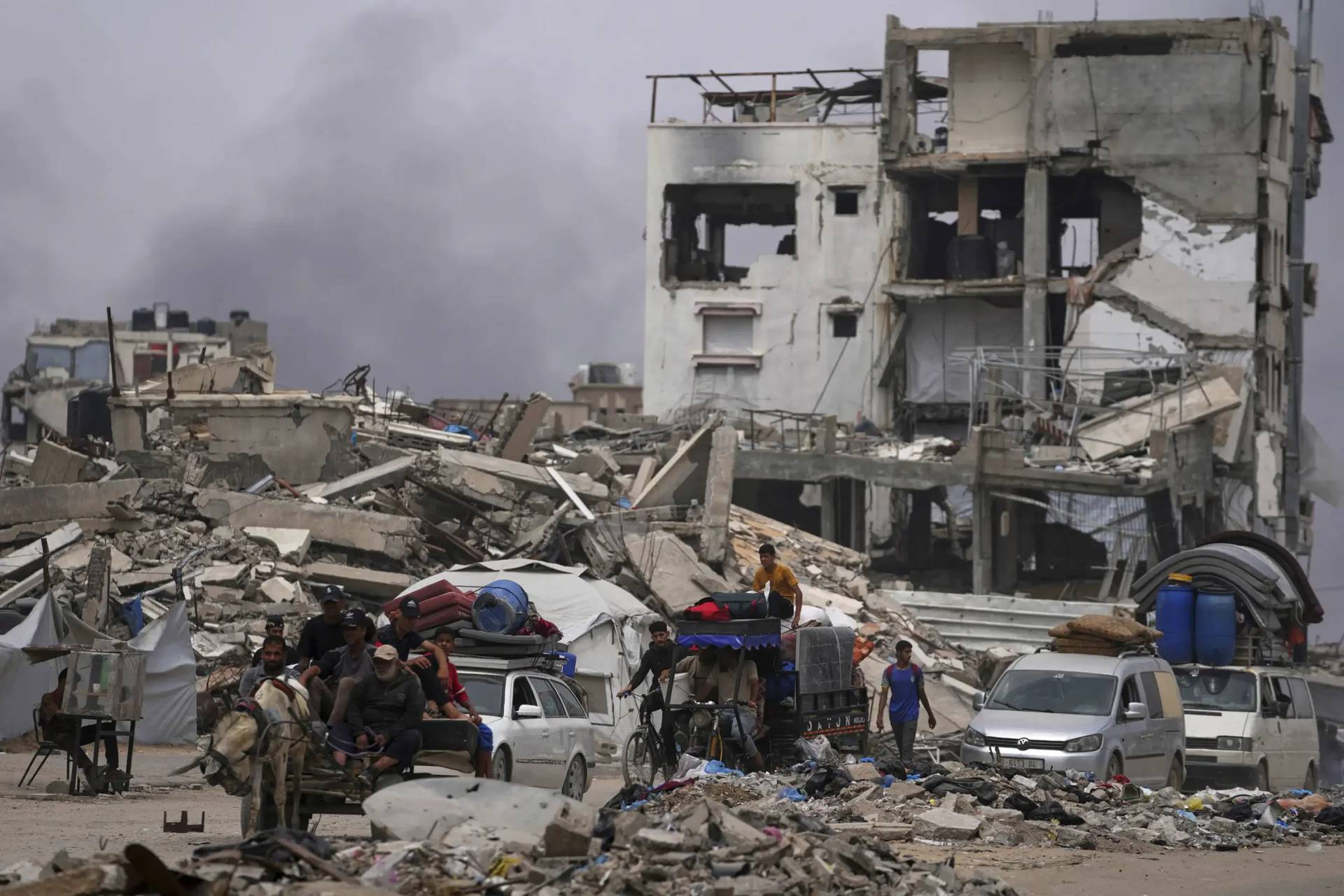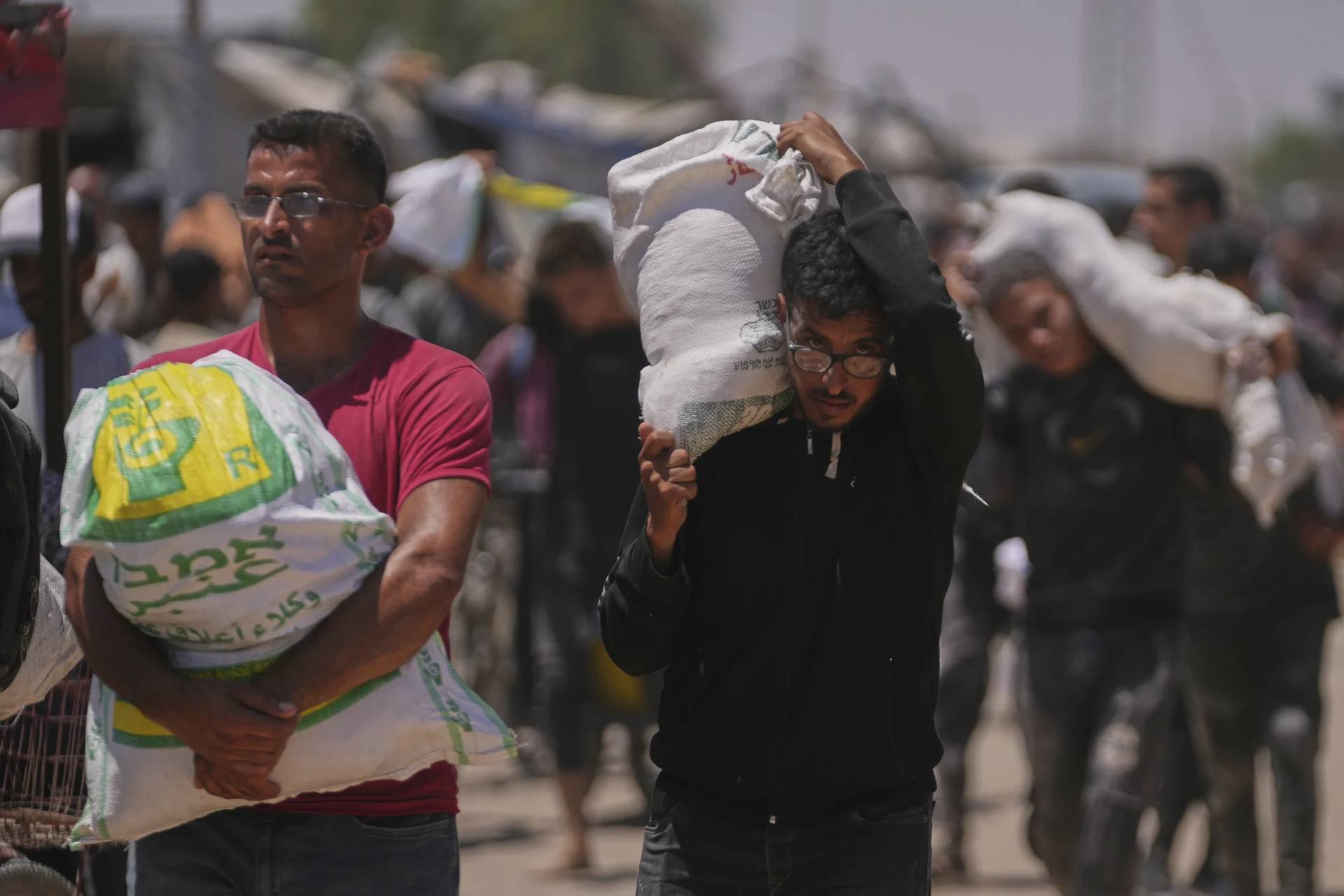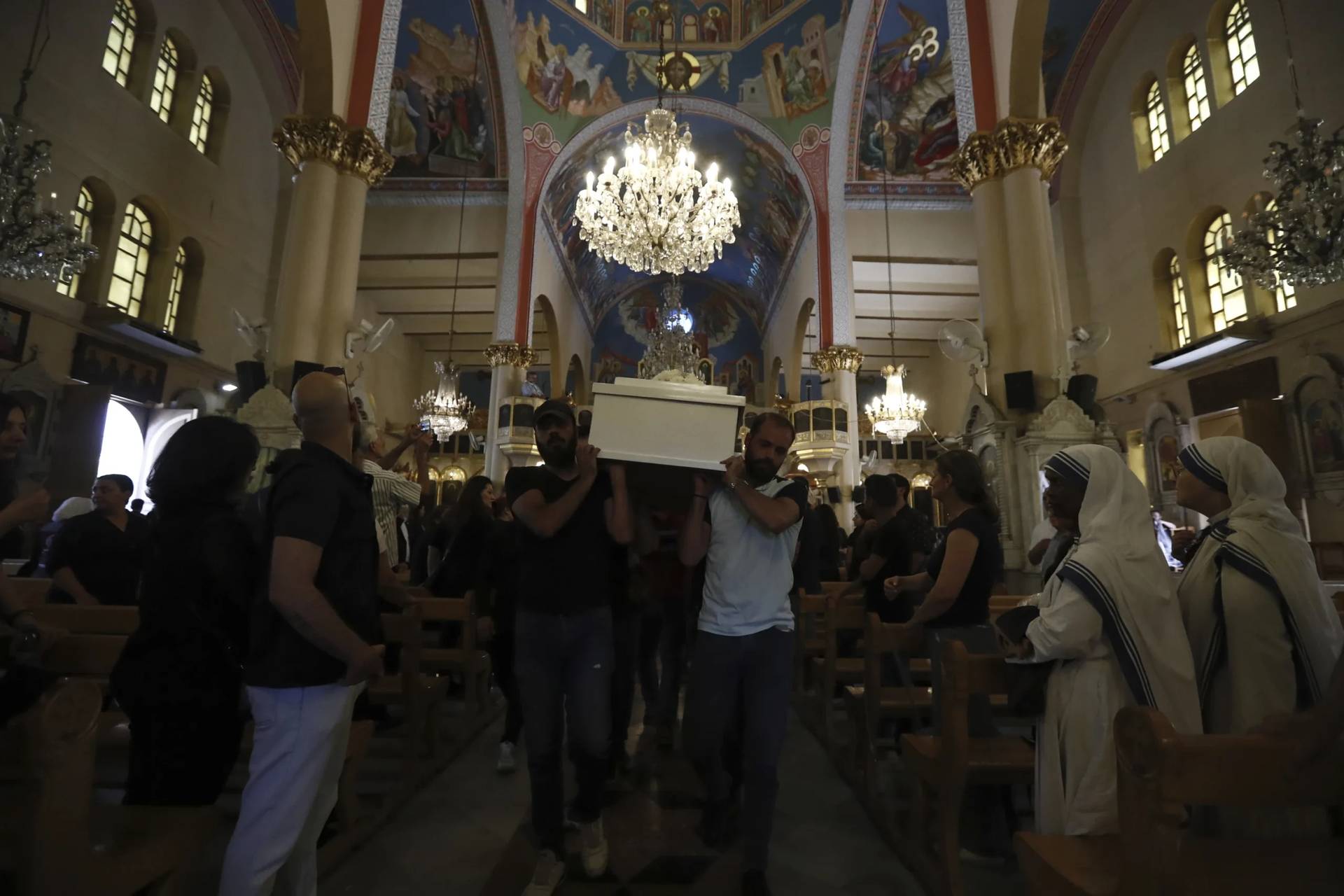ROME — With no end of conflict and no path toward economic recovery in sight, the Syrian people are losing hope that any sense of peace and normalcy will return, said the apostolic nuncio to Syria.
“Unfortunately, what is dying in the hearts of many people, is hope,” Cardinal Mario Zenari told the Vatican newspaper, L’Osservatore Romano, Sept. 17.
“After 10 years of war, many — after no longer seeing economic recovery and reconstruction — are losing hope and this hurts a lot,” he said. “Losing hope means truly losing something fundamental and essential for life. We must try to restore confidence, to give hope back to these poor people.”
While hostilities in the country have dramatically decreased since the signing of a ceasefire in March and the COVID-19 pandemic, the cardinal said, the destruction wrought by the conflict continued to devastate the lives of countless men, women and children.
According to a report Sept. 14 by the U.N. Independent International Commission of Inquiry on the Syrian Arab Republic, there continue to be “regular spikes in violence and continuous violations of human rights.”
The commission reported human rights violations committed by almost every fighting force in the country, including “torture and other cruel, inhuman or degrading treatment or punishment” of detainees, as well as “sexual and gender-based violence against women, girls, men and boys.”
Zenari told the Vatican newspaper that while the “fragile truce” has led to a decrease in bombings, there is a “poverty bomb” causing “hunger, malnutrition of children” and the spread of various diseases in the country.
“It is difficult to describe this very profound human and spiritual experience,” the cardinal said. “About a month ago, the United Nations also raised its voice about what happened in a refugee camp where about 8-10 children died of malnutrition, dehydration and other diseases.”
Last winter, he continued, several children died fleeing intense fighting in the northwest — “children who died from the cold in their parents’ arms, children who died of malnutrition. It hurts the heart to see the suffering of so many children and so many women, many of whom are widows and sometimes have to raise a large family (of) eight or 10 children.”
Nevertheless, the Italian prelate said that the Catholic and Orthodox Churches are working to provide humanitarian relief as well as maintaining hospitals to aid the sick, the poor and the helpless.
“As a church, as the Holy See, we have no military interests, no economic interests, no geopolitical strategies,” he said. “We — the church, the Holy See, the pope — are on the side of the people, of the people who suffer. We want to be the voice of those who have no voice.”
Zenari, who met with Pope Francis Sept. 4, said he was “impressed” by the pope’s continued concern for the Syrian people.
While talking about the current situation, he recalled, the pope “took a piece of paper and began to write down some notes in order to have them even more present and to keep these humanitarian programs going.”
“I will bring back the solidarity of Pope Francis, the solidarity of the church, the solidarity of many Christians to try to revive this hope that, unfortunately, is dying in Syria,” Zenari. “That is why we must try to rekindle some small hope at the end of the tunnel, (or) at least solidarity, to tell them, ‘You are not alone,’ ‘We will try to help you,’ even with material aid, and try to make some light shine at the end of the tunnel.”

















